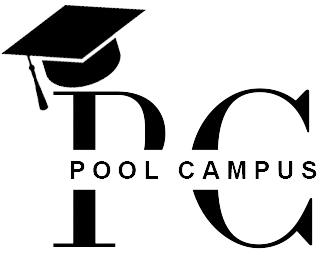Imperial College London
Overview
Imperial College London (Imperial) is a public research university in London, England. Its history began with Queen Victoria’s husband, Prince Albert, who envisioned a cultural area in South Kensington that included museums, colleges, and the Royal Albert Hall. In 1907, these colleges – the Royal College of Science, the Royal School of Mines, and the City and Guilds of London Institute – merged to form the Imperial College of Science and Technology.
In 1988, Imperial merged with St Mary’s Hospital Medical School and then with Charing Cross and Westminster Medical School to form the Imperial College School of Medicine. The Imperial College Business School was established in 2003 and officially opened by Queen Elizabeth II. Formerly a constituent college of the University of London, Imperial became an independent university in 2007.
Imperial is organised into four faculties: Engineering, Medicine, Natural Sciences, and Business. The university fosters innovation and enterprise across all its faculties by integrating business courses into science degrees and providing business students with a scientific education.[10] The main campus is located in South Kensington, with an additional campus in White City.[11] The Faculty of Medicine also operates five teaching hospitals across London and is a founding institution of the Francis Crick Institute.[12] Its graduates and lecturers include 14 Nobel Prize winners, 3 Fields Medal winners, 74 Fellows of the Royal Society and 84 Fellows of the Royal Academy of Engineering
Imperial College London Course Offerings
Imperial College London, one of the world’s leading research universities, is renowned for its excellence in science, engineering, medicine, and business. Located in the heart of London, Imperial offers cutting-edge academic programs designed to shape the leaders of tomorrow.
Faculties and Areas of Study
Imperial College London offers programs across four major faculties, each focusing on world-class research and innovation:
- Faculty of Engineering: Courses in civil, mechanical, electrical, aeronautical, and bioengineering, as well as computer science and data science.
- Faculty of Medicine: Specializations in biomedical sciences, medicine, medical technology, and public health.
- Faculty of Natural Sciences: Degrees in physics, chemistry, mathematics, life sciences, and environmental science.
- Imperial College Business School: Leading programs in business, management, finance, and entrepreneurship, including MBA and executive education.





